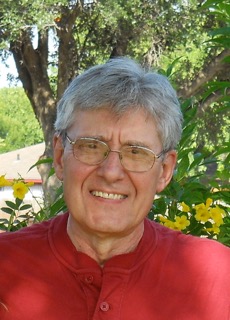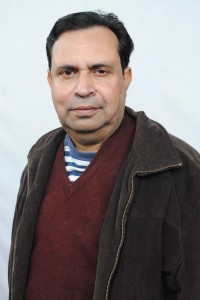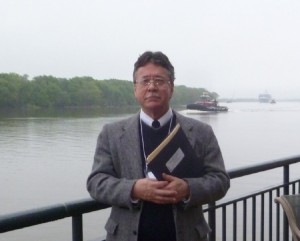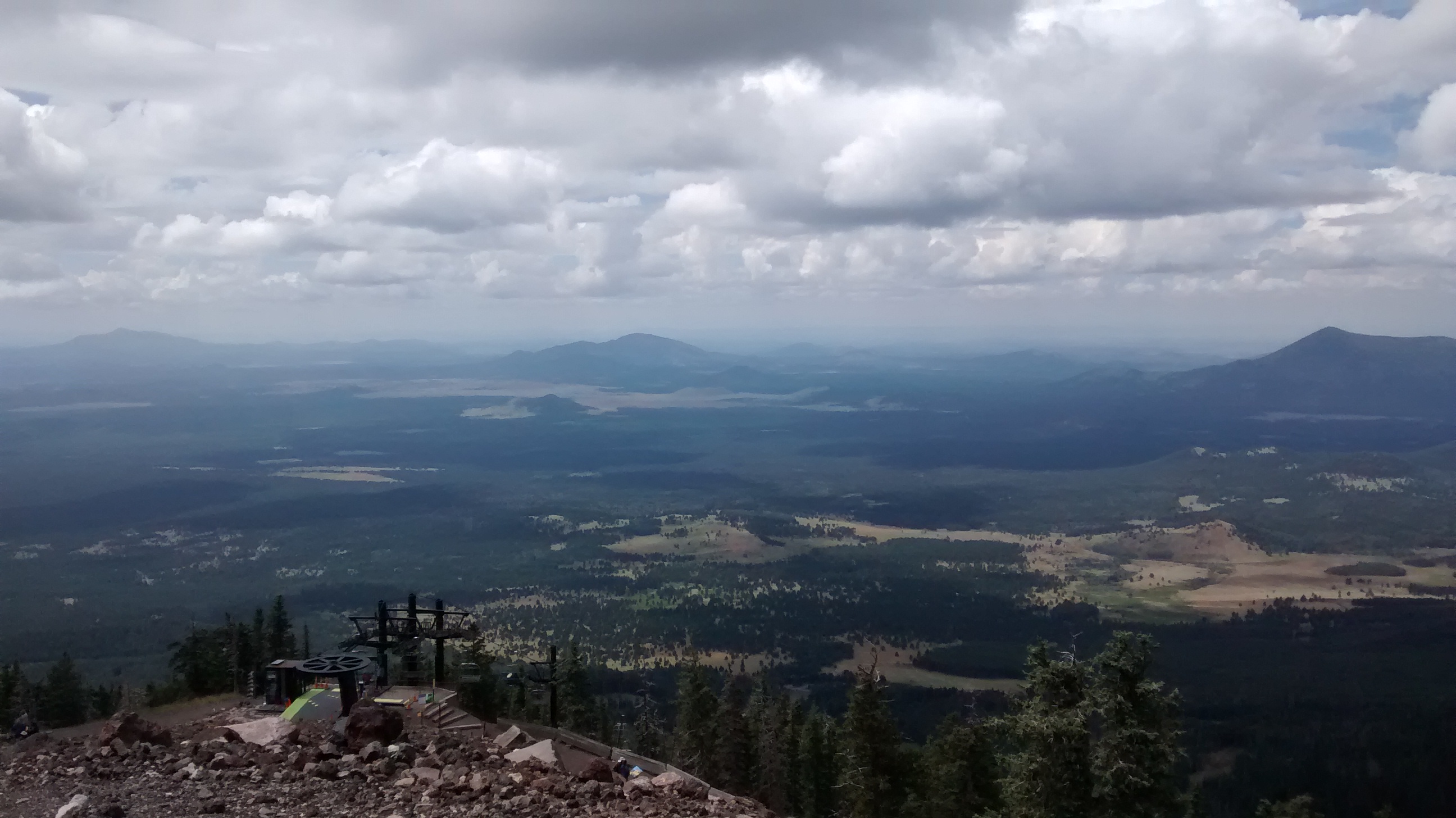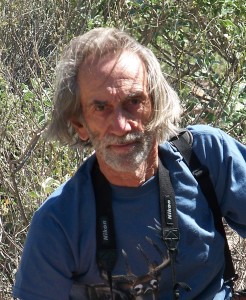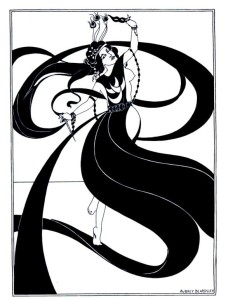
The God Of Biomechanics Won’t Let You In Heaven, Roy
I've seen things you people wouldn't believe. Attack ships on
fire off the shoulder of Orion. I watched C-beams glitter in the
darkness at Tan Hauser Gate. All those moments will be lost in time
like tears in rain. Time to die.
//and so Roy breathed out his ghost
Nothing particularly interesting about ourselves.
Nothing particularly interesting about this here and now.
Nothing particularly interesting around the solar system //globular clusters
of meaning not centered here, no place significantly different
Then all of a sudden
When data corruption is the only generator of modern Physics
Not being significantly different to be discovered
By the scientific community
Not only where you are is not any more special than any other
But indeed whom you are is not any more special than whom you are not.
From the mediocrity principle // it follows
That no intelligent beings are particularly more beings than any other
Or more intelligent // life, it follows,
Centers around conditional line of clusters
Through the evolution of any given universe
A process that can only happen at certain times!
See? The God Of Biomechanics Won’t Let You In Heaven, Roy
* Italics. Tears in Rain Monologue. Blade Runner(1982)
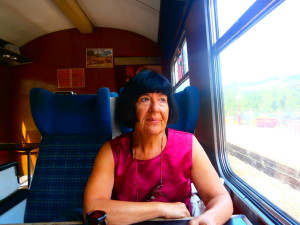
Amparo Arrospide (Argentina) is a Spanish writer and translator. She has published four poetry collections Mosaicos bajo la hiedra, Alucinación en dos actos y algunos poemas, Pañuelos de usar y tirar and Presencia en el Misterio as well as poems, short stories and articles on literary and film criticism in anthologies and both national and foreign magazines, such as Cuadernos del Matemático, Cuadernos Hispanoamericanos, Linden Lane Magazine, Espéculo, Piedra del Molino, Nayagua. She has received awards. Together with Robin Ouzman Hislop, she worked as co-editor of Poetry Life and Times, when it was a monthly webzine 2008-10, and coordinated in the Spanish sonnets section for the international anthology The Phoenix Rising from the Ashes (ed. Richard Vallance, 2014).
robin@artvilla & http://www.facebook.com/PoetryLifeTimes

